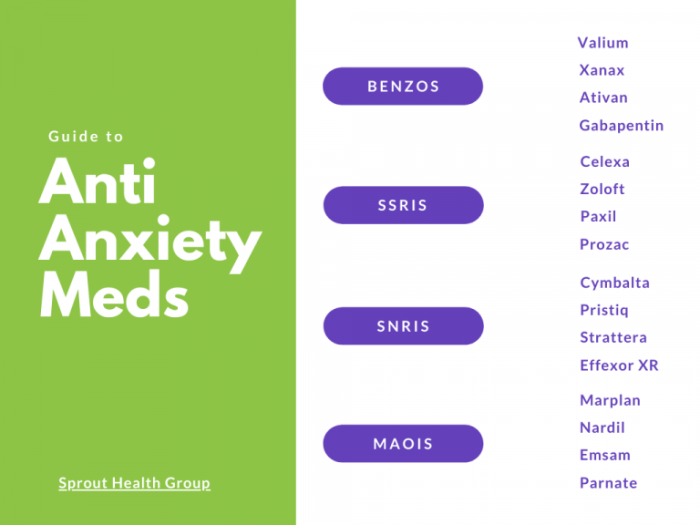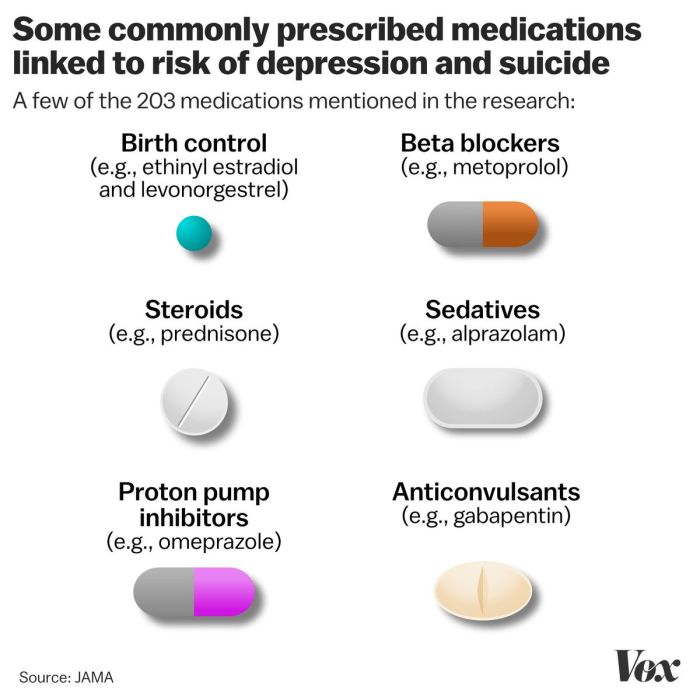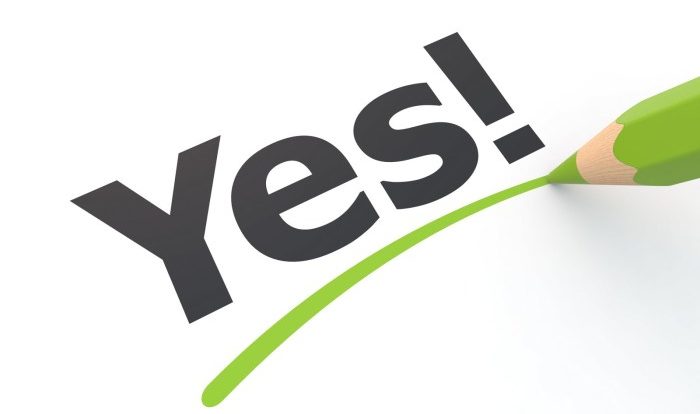Anti anxiety med crossword clue, a tantalizing puzzle that invites us to explore the intricate world of anti-anxiety medications and their connection to the enigmatic art of crossword solving. Delve into this captivating narrative that unravels the mechanisms of these drugs, their impact on cognitive function, and the therapeutic power of mental challenges.
Crossword puzzles, with their intricate grids and cryptic clues, have long been a source of intellectual stimulation and entertainment. Anti-anxiety medications, on the other hand, play a crucial role in managing anxiety disorders, providing relief and restoring mental well-being. This article explores the fascinating intersection of these two worlds, shedding light on the ways in which they influence each other.
Anti-Anxiety Medication: Anti Anxiety Med Crossword Clue
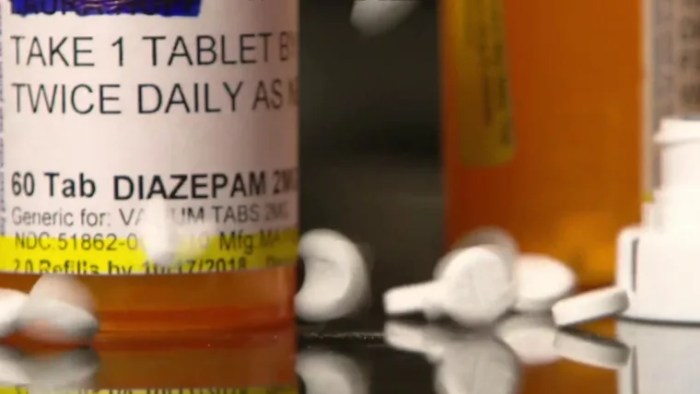
Anti-anxiety medications, also known as anxiolytics, are prescribed to treat anxiety disorders. They work by reducing the activity of certain neurotransmitters in the brain, such as serotonin and gamma-aminobutyric acid (GABA), which are involved in regulating mood and anxiety.
Types of Anti-Anxiety Medications
There are several different types of anti-anxiety medications, each with its own mechanism of action and side effects:
Benzodiazepines
These are the most commonly prescribed anti-anxiety medications. They work by increasing the activity of GABA, which has a calming effect on the brain. Examples of benzodiazepines include alprazolam (Xanax), lorazepam (Ativan), and diazepam (Valium).
Buspirone
This medication works by increasing the activity of serotonin, another neurotransmitter involved in mood regulation. It is often used to treat generalized anxiety disorder (GAD).
Antidepressants
Some antidepressants, such as selective serotonin reuptake inhibitors (SSRIs) and serotonin-norepinephrine reuptake inhibitors (SNRIs), can also be used to treat anxiety disorders. They work by increasing the levels of serotonin and norepinephrine in the brain, which can help to improve mood and reduce anxiety.
Crossword Puzzle Clues

Crossword puzzles can be a fun and challenging way to test your knowledge and vocabulary. If you’re ever stumped on a clue, try thinking about it in a different way. For example, if you’re trying to solve a clue that says “medication for anxiety,” you might think of words like “Xanax” or “Valium.”
Here are some examples of crossword puzzle clues that could relate to anti-anxiety medications:
- “Medication for anxiety that starts with an X”
- “Benzodiazepine used to treat anxiety”
- “Anti-anxiety medication that is also used to treat seizures”
To solve crossword puzzles using clues related to anti-anxiety medications, you can use the same strategies that you would use to solve any other crossword puzzle clue. First, read the clue carefully and try to identify the key words. Then, think about what kind of word or phrase would fit in the blank spaces.
If you’re still having trouble, try using a crossword puzzle solver or looking up the answer online.
Tips and Tricks for Solving Crossword Puzzles
Here are some tips and tricks for solving crossword puzzles in general:
- Start with the easy clues first. This will help you get a feel for the puzzle and build your confidence.
- Don’t be afraid to guess. If you’re not sure about an answer, make a guess and see if it fits. You can always change it later if it’s wrong.
- Use a pencil. This will make it easier to erase your answers if you make a mistake.
- Take your time. Crossword puzzles are meant to be challenging, so don’t get discouraged if you can’t solve it right away. Just keep working at it and you’ll eventually get it.
Anti-Anxiety Medication and Crossword Puzzles
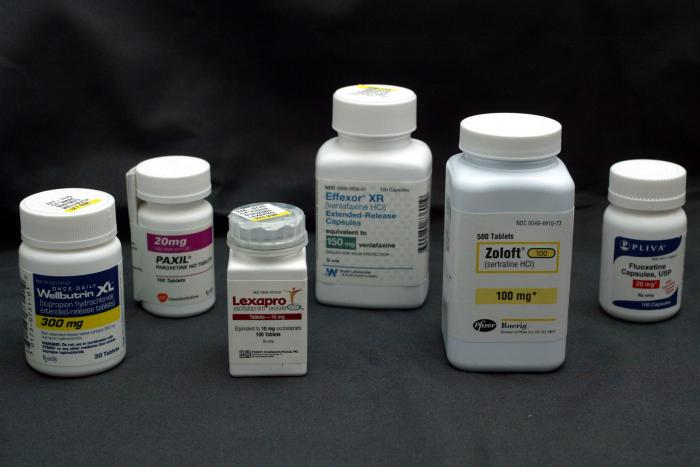
Anti-anxiety medications can affect a person’s ability to solve crossword puzzles in several ways. First, these medications can cause drowsiness, which can make it difficult to concentrate on the task at hand. Second, anti-anxiety medications can impair cognitive function, which can make it difficult to solve the puzzles’ clues.
Finally, anti-anxiety medications can cause side effects such as dry mouth, which can make it difficult to speak the answers aloud.
The Relationship Between Mental Health and Crossword Puzzle Solving
There is a growing body of research that suggests that crossword puzzle solving can be beneficial for mental health. Studies have shown that crossword puzzles can help to improve cognitive function, reduce stress, and improve mood. Crossword puzzles can also be a helpful way to cope with anxiety.
For those seeking relief from anxiety, crossword puzzles can provide a calming distraction. One such clue, “Anti-anxiety med,” may lead to the answer “Xanax.” This term also resonates with the central conflict in “The Catcher in the Rye” where Holden Caulfield grapples with anxiety and the search for authenticity in a world he finds superficial.
When people are feeling anxious, they can often find it difficult to focus on anything else. However, crossword puzzles can provide a distraction from anxious thoughts and help people to relax.
Stories or Anecdotes About People Who Have Used Crossword Puzzles to Cope With Anxiety, Anti anxiety med crossword clue
There are many stories of people who have used crossword puzzles to cope with anxiety. One such story is that of a woman named Sarah. Sarah has been struggling with anxiety for many years. She has tried many different treatments, but nothing has seemed to help.
One day, Sarah decided to try solving crossword puzzles. She found that the puzzles helped her to focus on something other than her anxiety. She also found that the puzzles helped her to relax and feel calmer.
Resources for Anti-Anxiety Medications and Crossword Puzzles
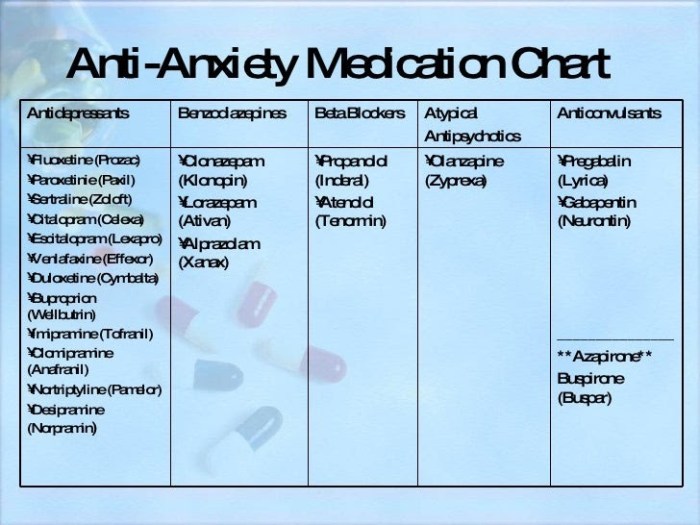
If you’re interested in learning more about anti-anxiety medications or crossword puzzles, there are a number of resources available to you.
For information on anti-anxiety medications, you can visit the following websites:
- The National Institute of Mental Health: https://www.nimh.nih.gov/
- The Anxiety and Depression Association of America: https://adaa.org/
- The National Alliance on Mental Illness: https://www.nami.org/
For information on crossword puzzles, you can visit the following websites:
- The Crossword Puzzle Club: https://www.crosswordpuzzleclub.com/
- The American Crossword Puzzle Tournament: https://www.crosswordtournament.com/
- The National Puzzlers’ League: https://www.puzzlers.org/
In addition to these websites, there are also a number of online communities and forums where you can connect with others who share your interests in anti-anxiety medications and crossword puzzles.
Online Communities and Forums
There are a number of online communities and forums where you can connect with others who share your interests in anti-anxiety medications and crossword puzzles. These communities can be a great way to learn more about these topics, share your experiences, and get support from others.
Some of the most popular online communities and forums for people with anxiety include:
- The Anxiety and Depression Association of America’s online forum: https://adaa.org/forum/
- The National Alliance on Mental Illness’s online forum: https://www.nami.org/Support-Education/Support-Groups-and-Online-Communities/Online-Support-Groups
- The International OCD Foundation’s online forum: https://iocdf.org/forum/
Some of the most popular online communities and forums for crossword puzzle enthusiasts include:
- The Crossword Puzzle Club’s online forum: https://www.crosswordpuzzleclub.com/forum/
- The American Crossword Puzzle Tournament’s online forum: https://www.crosswordtournament.com/forum/
- The National Puzzlers’ League’s online forum: https://www.puzzlers.org/forum/
General Inquiries
What are the different types of anti-anxiety medications?
Anti-anxiety medications fall into several categories, including benzodiazepines, buspirone, and selective serotonin reuptake inhibitors (SSRIs).
How do anti-anxiety medications work?
Anti-anxiety medications work by altering the levels of neurotransmitters in the brain, such as GABA and serotonin, which are involved in regulating mood and anxiety.
What are the potential side effects of anti-anxiety medications?
Common side effects of anti-anxiety medications include drowsiness, dizziness, nausea, and impaired coordination.
Can crossword puzzles help reduce anxiety?
Crossword puzzles can provide a sense of accomplishment and mental stimulation, which can have a calming effect on the mind.
Where can I find resources on anti-anxiety medications and crossword puzzles?
Numerous online resources and support groups provide information and support on both anti-anxiety medications and crossword puzzles.
